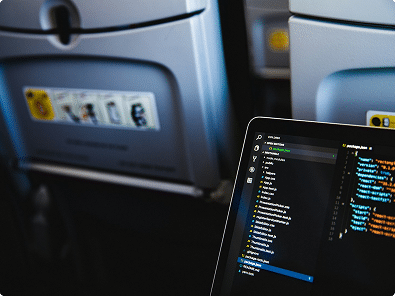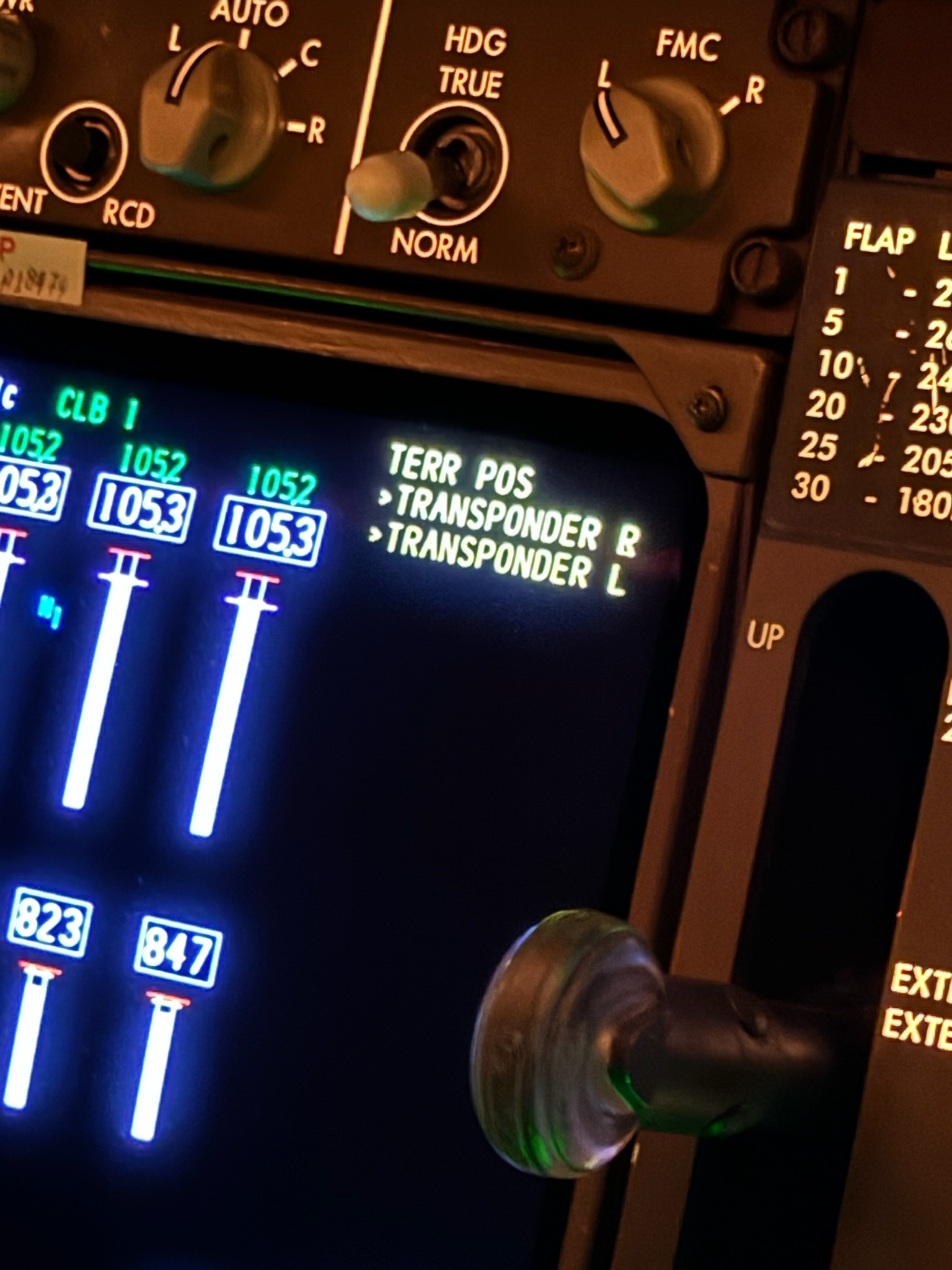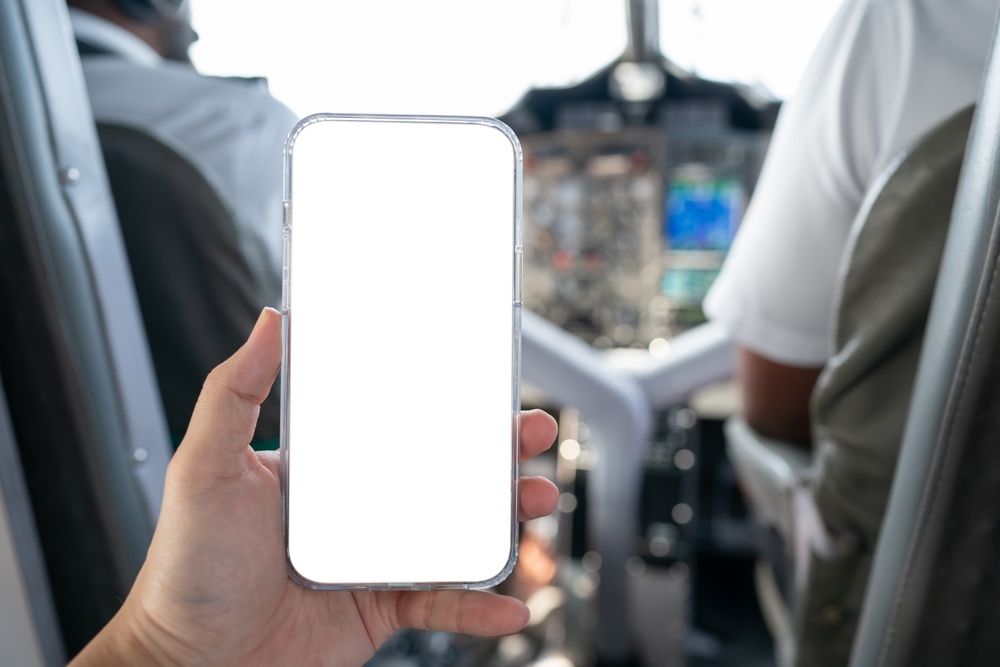GNSS Spoofing/Jamming

What is GNSS Interference, Spoofing, and Jamming?
GNSS (Global Navigation Satellite System) interference refers to any disruption to the signals that enable GPS-based navigation and timing functions. Such disruptions can be categorized as:
- Jamming:
- Intentional disruption of GNSS signals by emitting high-power signals on the same frequency to block the reception of satellite signals. This causes GNSS receivers to lose their ability to provide position, navigation, or timing data.
- Spoofing:
- A sophisticated attack where fake GNSS signals are transmitted to deceive receivers into calculating false positions or times. Spoofers can manipulate navigation paths or timing-dependent systems.
- Unintentional Interference:
- Signals from other electronic devices inadvertently disrupt GNSS operations but are considered less critical than intentional attacks.
Risks to Commercial Aviation
The loss of positional accuracy can lead to severe risks
- Loss of Navigation:
- Disruption in GNSS can cause a loss of critical navigation aids, particularly during approaches requiring high accuracy like RNP (Required Navigation Performance) approaches.
- Misleading Positions:
- Spoofing can lead to incorrect positioning data, potentially causing an aircraft to deviate from its intended route, posing collision risks.
- Operational Impacts:
- GNSS outages may affect modern aviation systems reliant on accurate timing and positioning, such as ADS-B (Automatic Dependent Surveillance-Broadcast) and CPDLC (Controller Pilot Data Link Communications), which could disrupt ATC operations.
- Approach and Landing Hazards:
- Interference during critical flight phases may cause unstable or missed approaches, increasing accident risks.
- Spurious Warnings:
- Incorrect GNSS data can trigger false alerts in systems like EGPWS (Enhanced Ground Proximity Warning Systems), increasing pilot workload and reducing trust in critical safety systems.
BeCA’s Position
Our position as Belgian Cockpit Association is completely aligned with that of our European (ECA) and global (IFALPA) mother organisations:
- Raising Awareness:
- BeCA emphasizes educating operators and pilots on GNSS vulnerabilities and promoting awareness among stakeholders to anticipate and mitigate risks.
- Operational Preparedness:
- Support the development of alternative navigation solutions and robust systems to reduce dependence on GNSS, such as inertial reference systems (IRS) and ground-based aids.
- Advocacy for Regulation:
- Collaboration with international bodies (ECA, IFALPA, ICAO) to establish global standards for addressing GNSS vulnerabilities.
- Improving Infrastructure:
- Encourage the aviation industry to invest in resilient navigation architectures and cybersecurity enhancements to safeguard GNSS-dependent systems.
Recommended Actions for Pilots Experiencing GNSS Interference
- Monitor Systems:
- Continuously monitor for discrepancies in GNSS performance and navigation accuracy.
- Report to ATC:
- Inform ATC promptly about suspected or confirmed GNSS interference and request assistance if necessary.
- Switch to Alternatives:
- Rely on backup systems such as IRS or radio navigation aids (VOR, DME) to maintain situational awareness.
- Adjust Approach Procedures:
- If GNSS issues occur during an RNP approach, consider executing a missed approach or transitioning to a visual approach in VMC conditions.
- File Reports:
- Submit safety reports to relevant authorities (IATA, ICAO, or the airline) to help monitor and address GNSS vulnerabilities.
By advocating awareness, regulation, and robust alternatives, BeCA, aligned with ECA and IFALPA, emphasizes a proactive approach to mitigate the risks posed by GNSS interference.
Further reading
IFALPA publications on GNSS issues
(https://www.ifalpa.org/publications/search/?search=GNSS)


